Effective SENCO: Having a Whole School Impact
Effective SENCO: Impact on School Culture
Special Educational Needs Coordinators (SENCOs) play a critical role in ensuring that every student in their school receives the support they need to thrive. In order to be effective, SENCOs must not only be experts in their field, but also have the ability to influence and drive change across the entire school. It is a difficult job – If you are thinking about applying to be a SENCO read our SENCO interview guide. Below, we delve into several key strategies that can enhance the effectiveness of SENCOs and help them make a whole school impact for pupils with SEN.
6 Ways to Develop an Inclusive School Culture
A passion for inclusion is an essential quality for a SENCO and an effective SENCO champions this principle every day. It begins with cultivating an inclusive school environment where individual differences are respected and valued. This involves fostering an atmosphere of understanding and empathy, where students feel comfortable expressing their needs and teachers are equipped to meet them.
Build a Strong Team
A SENCO cannot work in isolation. Their effectiveness is often determined by the strength of their team, which includes teaching assistants, senior leadership, and other staff members. Through open communication, collaboration, and mutual support, a strong team can effectively address the diverse needs of students. It is essential that the Headteacher and Deputy are seen to be behind the SENCO 100%.
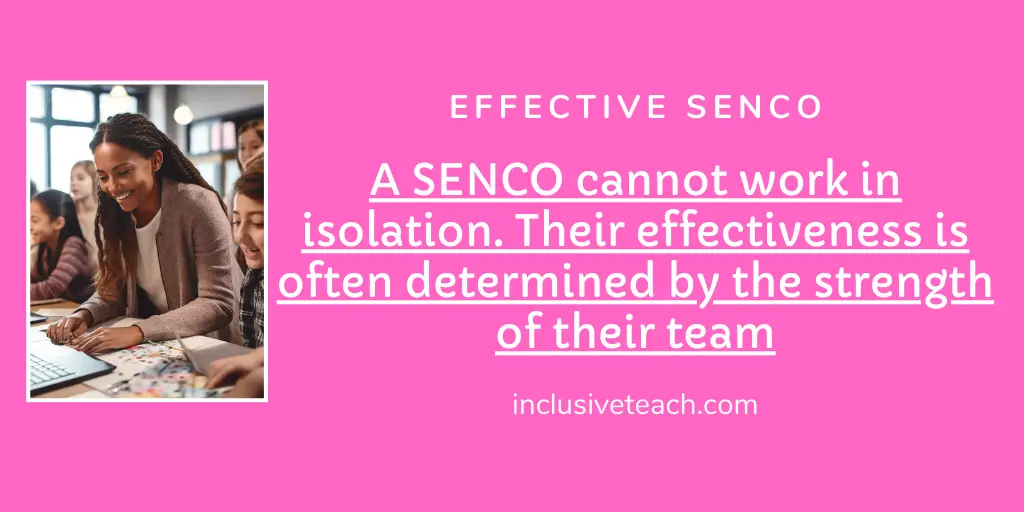
Collaborate Across Year Groups
An effective SENCO takes a collaborative approach, working closely with heads of departments and year heads. This collaboration helps to disseminate crucial strategies and interventions throughout the school, ensuring that all teaching staff are equipped with the knowledge and tools they need to support students with special educational needs.
Create Effective Pastoral Care Provision
In partnership with the head of pastoral care, an effective SENCO ensures that emotional, social, and mental health support is available for students. This holistic approach can greatly improve students’ well-being and academic outcomes.
Using Limited Resources Strategically
Creating an SEN folder for teachers can be an effective way to provide resources and training materials. This ensures that every teacher, regardless of their previous experience with SEN, has access to the information and tools they need to effectively support these students.
Facilitate Problem Solving Groups
One innovative strategy is chairing a strategic focus group for SEN. This includes peer observations and problem solving sessions. This allows for the sharing of best practices and promotes a cohesive, school-wide approach to supporting students with special educational needs.
Fostering Positive Behavior and Restorative Practice
Schools that focus on neurodiversity affirming positive behaviour and restorative practice foster a nurturing environment for all students. For SENCOs, promoting these practices can help to ensure a supportive environment for students with special educational needs. Consistent rules across the school, such as “be ready” and “be respectful,” can provide clear expectations for all students and contribute to a positive school climate.
Providing Ongoing Training
Continuous professional development is key to an educator’s effectiveness. By providing ongoing training for teachers, SENCOs can help to develop their colleagues’ skills in supporting students with special educational needs. This not only benefits the students but also contributes to a culture of learning and growth among staff. Common areas of training include, Autism, Aphantasia, physical issues such as Dyspraxia and many others.
Summary
Being an effective SENCO involves far more than just managing the day-to-day needs of students with special educational needs. It requires a whole school approach, influencing and driving change at every level of the school community. Through prioritising student needs, building a strong team, collaborating across departments, ensuring pastoral care, implementing resourceful strategies, chairing strategic focus groups, fostering positive behavior, and providing ongoing training, SENCOs can truly have a whole school impact.

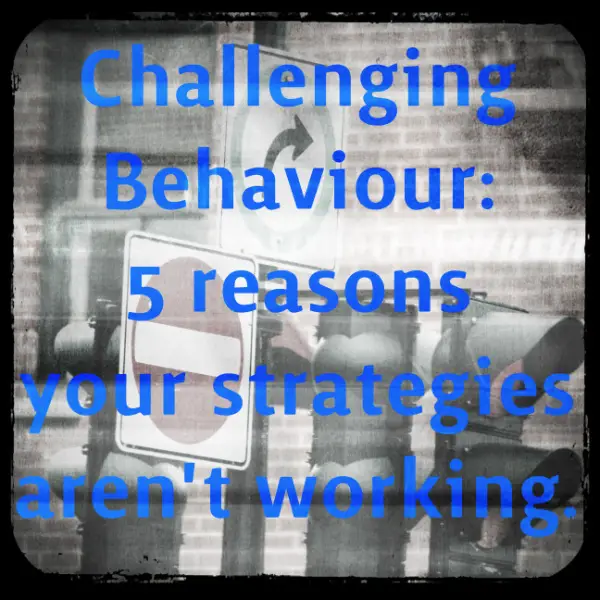
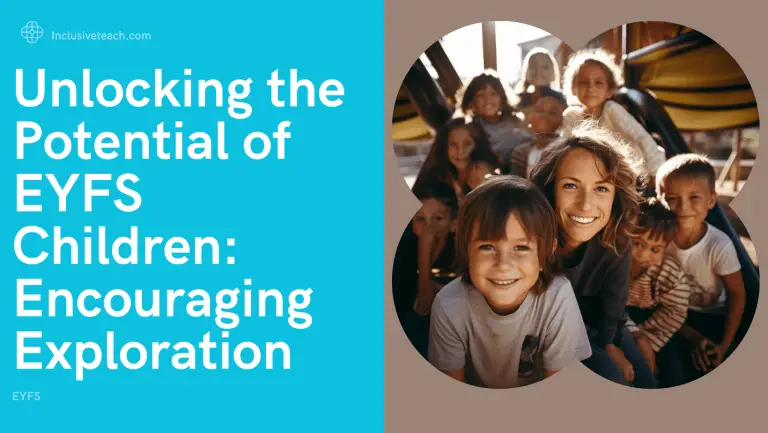
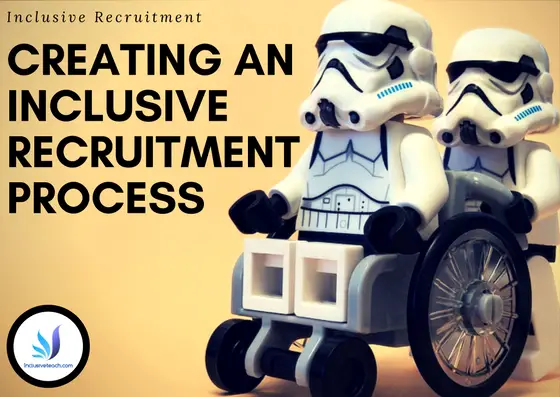

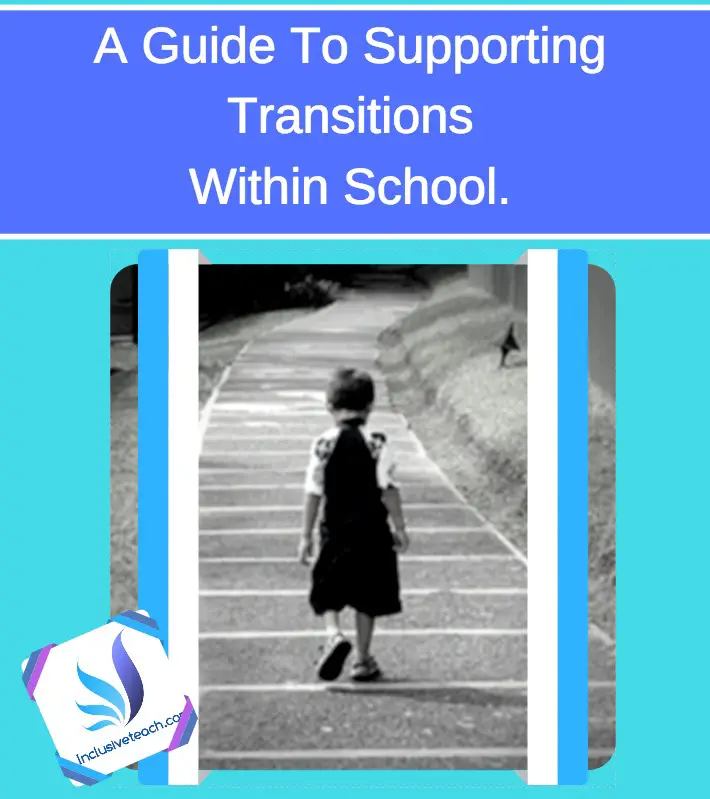

3 Comments